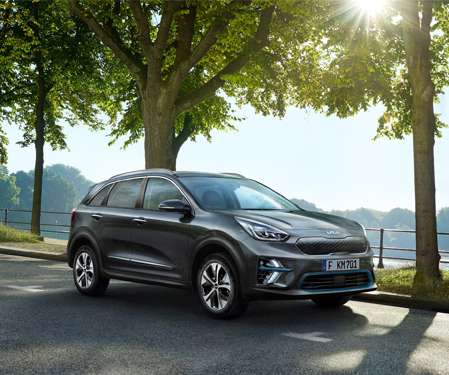Lessons From Norway’s Journey To Becoming The Global Leader In EV Adoption
Wallbox
JUNE 30, 2021
Here’s a quick timeline of the key incentives based on information from the Norwegian Electric Vehicle Association : The key benefit for EV owners remains the green tax deals on buying (no purchase or import tax), leasing (no VAT on leased EVs) and owning EVs (no road tax, reduced company car tax).












Let's personalize your content